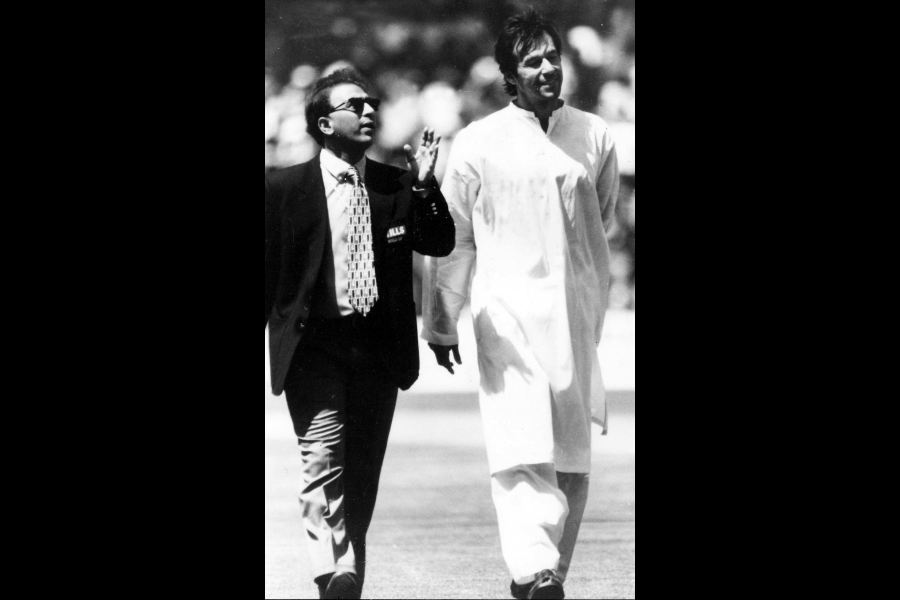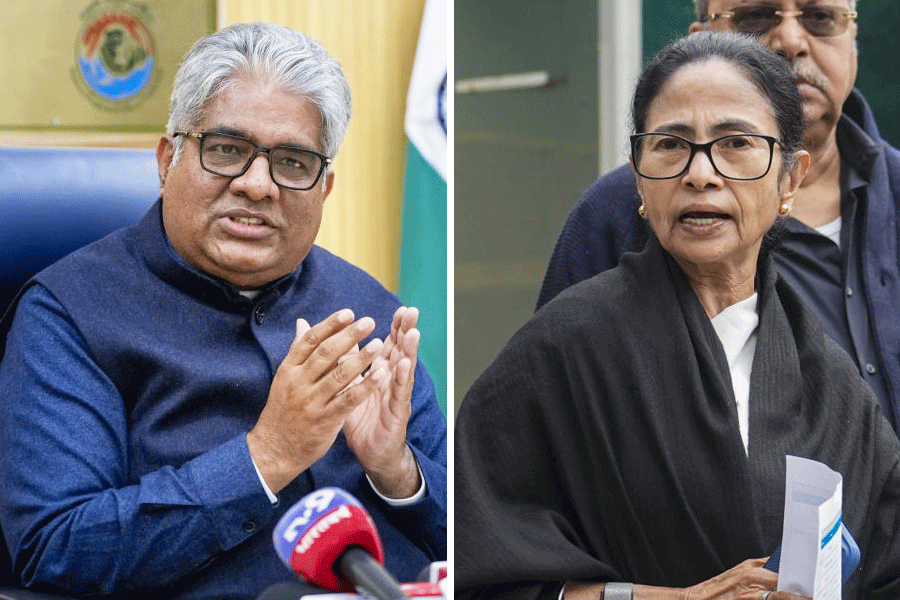
It was screened at PVR multiplexes across the country and now airs on Sony BBC Earth (Monday to Friday at 5pm). Blue Planet II — a British nature documentary hosted by David Attenborough — has earned praise for its visceral depiction of rapidly evolving marine life. A t2 chat with the show’s executive producer Mark Brownlow.

What was the idea behind Blue Planet II?
The oceans, for many people, are cold and dark places that people are even fearful of because they are virtually unknown to us. We wanted the audience to fall in love with the oceans and meet the incredible, magical creatures within. We worked very hard to find ocean creatures who had character and displayed intelligence… we wanted to find creatures that the audience loved and empathised with. That was the challenge, and we are so happy it’s connected with audiences across the world.
What are the challenges of filming stories about the ocean compared to shooting on land?
You have to contend with working with extreme weather conditions, ocean currents, storms…. On our first leg of shoot, we headed out for three weeks to the northern coast of Australia to shoot Lantern Fish, but we had to wait for a while to spot them and shoot them because the waters were so warm that the Lantern Fish didn’t make an appearance.
All shoots have their challenges. We were probably the first to send a mini submarine to 1,000 metres below the Antarctic ice fields. We dodged icebergs, we had no idea how our submarines would cope in the extreme cold and, in fact, one of the submarines sprung a leak.
Is there anything about the world of the oceans that surprised you?
We were constantly surprised. Octopuses arm themselves with shells to fend off shark attacks; we were not aware that octopuses were capable of such intelligent behaviour. We were surprised how predatory false killer whales off the coast of New Zealand come in search of dolphins every day, but sometimes end up being friends.
What’s been the impact of this film on the audience?
In the UK, this film has worked in making people more aware of how they use plastic. It’s brought about a change in the way they shop; people are now asking to not have plastic straws in their drinks; they are turning down the use of plastic cutlery…. Although there have always been NGOs who have worked to curb the use of plastic in oceans, Blue Planet II, at least in the UK, has made an impact, which is quite extraordinary.
Given the damage we’ve caused our oceans and marine life, do you think we can reverse the situation yet?
Scientists have said that if the oceans continue to warm like they are predicted to, then our coral reefs will disappear in the next 100 years. That’s a pretty stark scenario and of great concern. But in the course of filming, we met a host of people involved with oceans who are working hard to clean our oceans. I am still hopeful.
Will there be a third part in the Blue Planet series?
Well, it took us 17 years to get from the first to the second, primarily because we wanted to wait for newer marine lives to develop and newer technology to be invented. I don’t think we have to wait another 17 years because the oceans hold so many secrets that are waiting to be explored.










